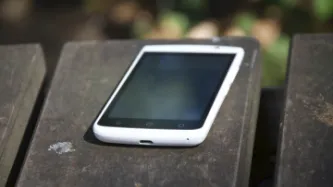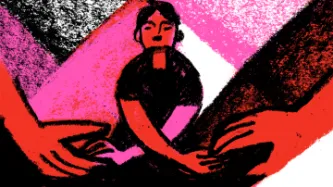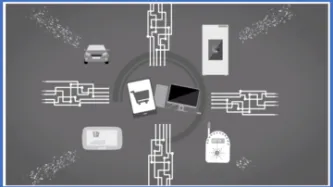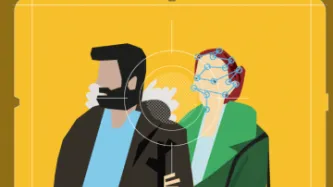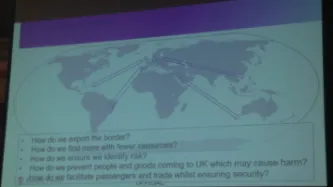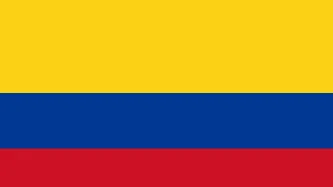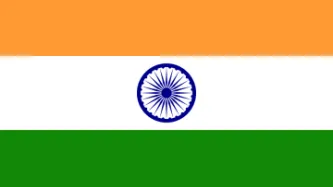Search
Content type: Long Read
Miguel Morachimo, Executive Director of Hiperderecho. Hiperderecho is a non-profit Peruvian organisation dedicated to facilitating public understanding and promoting respect for rights and freedoms in digital environments.The original version of this article was published in Spanish on Hiperderecho's website.Where does our feeling of insecurity come from? As we walk around our cities, we are being observed by security cameras most of the time. Our daily movement, call logs, and internet…
Content type: Long Read
Content type: Long Read
Photo by David Werbrouck on Unsplash
This is an ongoing series about the ways in which those searching for abortion information and procedures are being traced and tracked online. This work is part of a broader programme of work aimed at safeguarding the dignity of people by challenging current power dynamics, and redefining our relationship with governments, companies, and within our own communities. As an enabling right, privacy plays an important role in supporting the exercise of…
Content type: Long Read
Everyday objects and devices that can connect to the Internet -- known as the Internet of Things (IoT) or connected devices -- play an increasing role in crime scenes and are a target for law enforcement. Exploiting new technologies that are in our homes and on our bodies as part of criminal investigations and for use as evidence, raises new challenges and risks that have not been sufficiently explored.
We believe that a discussion on the exploitation of IoT by law enforcement would…
Content type: News & Analysis
It's a big question, have you purchased a card for your local surveillance camera on Surveillance Camera Day?
Yes, Surveillance Camera Day is a real thing and happens on 20 June.
Perhaps your local community could create a bingo card to see who knows where all the local cameras are. Are there any on your local bins, how about the lampposts or a billboard?
Have you had a facial recognition van in your local community? Did you see the police helicopter crew video camera…
Content type: Examples
As part of its planning for the 2020 Olympic Games, due to be held in Tokyo, Japan approved a law that would allow the government to conduct a survey to identify vulnerable Internet of Things devices. The National Institute of Information and Communications Technology staff who carry out the survey, who will be supervised by the Ministry of Internal Affairs and Communications, are required to follow strict rules in attempting to hack into these devices: they are only allowed to use default…
Content type: Long Read
The UK border authority is using money ring-fenced for aid to train, finance, and provide equipment to foreign border control agencies in a bid to “export the border” to countries around the world.
Under the UK Border Force’s “Project Hunter”, the agency works with foreign security authorities to bolster their “border intelligence and targeting” capabilities with UK know-how and equipment.
As well as the provision of equipment and training, the Border Force is also advising countries on…
Content type: State of Privacy
Table of contents
Introduction
Right to Privacy
Communication Surveillance
Data Protection
Identification Schemes
Policies and Sectoral Initiatives
Introduction
Acknowledgement
The State of Privacy in Colombia is the result of an ongoing collaboration by Privacy International and Fundación Karisma and Dejusticia.
Key Privacy Facts
1. Constitutional privacy protection: The constitution contains an explicit protection of the right to privacy (Article 15 of the 1991 constitution).
2…
Content type: State of Privacy
Table of contents
Introduction
Right to Privacy
Data Protection
Identification Schemes
Policies and Sectoral Initiatives
Introduction
Acknowledgment
The State of Privacy in Pakistan is the result of an ongoing collaboration by Privacy International and the Digital Rights Foundation.
Between 2014-2016, Bytes for All contributed to previous versions of the 'Data Protection' sections of this briefing.
Key Privacy Facts
1. Constitutional privacy protections: Article 14(1) of…
Content type: State of Privacy
Table of contents
Introduction
Right to Privacy
Communication Surveillance
Data Protection
Identification Schemes
Policies and Sectoral Initiatives
Introduction
Acknowledgement
The State of Privacy in India is the result of an ongoing collaboration by Privacy International and the Centre for Internet & Society.
Key Privacy Facts
1. Constitutional privacy protections: In 2017, the Indian Supreme Court ruled that the Indian constitution guarantees a right to privacy.
2. Data…

